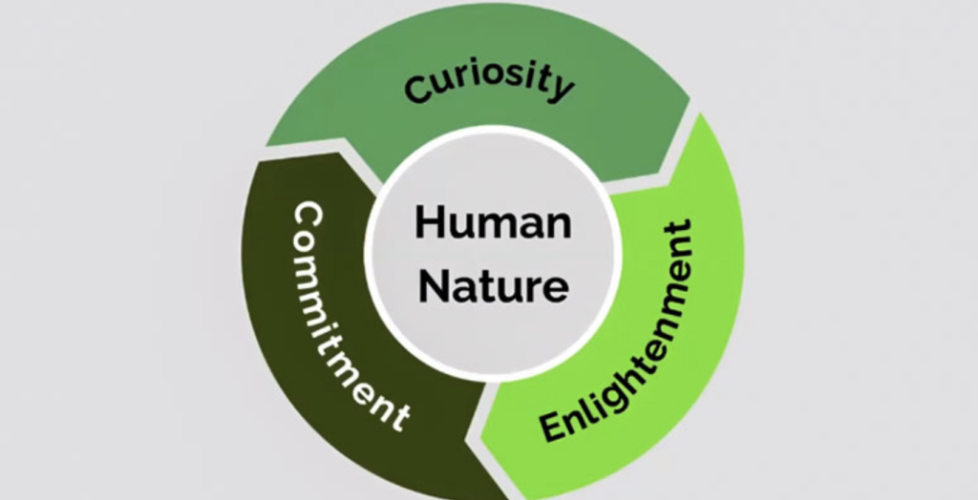3 Phases of the M Word
| I talk to a lot of people about marketing on a weekly basis and you know what I see? Most people don’t actually know what marketing is supposed to be. They have a definition of marketing, but it’s based on some tactics they implemented along the way and CALLED it marketing. So I thought I’d just use this month’s column to provide a pretty darn useful definition of the M word that comes from my mentor, Donald Miller (author of Building a StoryBrand) Okay, so because of our human nature, human beings form relationships following three phases. 1. Curiosity 2. Enlightenment 3. Commitment Curiosity — Oh man are we ever curious about stuff. We might as well be eating bananas and following around a dude in a big yellow hat. Human beings are naturally curious and this is your first job in marketing — making people curious. That’s it – no sales, no talking about yourself, your product, etc. Just making people curious. A great way to do this is coming up with a clear one liner that opens on a problem that needs to be solved, shows how you solve it and how incredible their life is afterwards. That’s it. Enlightenment — Ok, they are curious and maybe they even gave you their email and it’s a real email not a burner. They want to know more. This is where a very good web site talking about THEM and THEIR problem comes into play. Also a nice nurturing campaign of emails can be nice here to provide lots of value, build trust and get to that next phase. Now this is like dating and EVERYONE is different — some people want to go on 3 dates before committing more, some it’s 10, for some it’s less and for some it’s more. However many times it takes, this HAS be to OK with you. No means no, creeper! Back off until they are ready, not when you are. Commitment — When both parties are ready (after enough contact and value and trust), then the customer decides to spend money with the marketer’s company and boom and we’ve reached the finish line of this process. But, great marketers know how to back off after you’ve purchased but still maintain some contact and keep you on the carousel with them so the relationship can continue. Again, this requires maximum use of your human empathy and common sense to get right. And ladies and gentlemen, that’s a great way to discuss marketing — no funnels, no conversions, no creepy ass big data, no cookies — nothing that bothers or annoys people. Just a great story making THEM the hero and enough ongoing contact (providing value) to get to the trust threshold and create a new relationship. Sounds easy, right? Well, guess how many companies blow it? A ton. Big ones too, because they get needy and greedy—and lose their empathy. They set up marketing automation funnels designed to “convert” when they should be looking to add value and build relationships. Big mistake. I believe in a better way to do marketing than I see being done out there. Some say AI will destroy marketing and put many out of work because it does all the work and then some of agencies, copywriters, designers, etc. Nope. I think the opposite will happen — AI can be a useful tool and a way to make a GIANT mess of things depending on HOW you use it. So this is the marketing profession’s opportunity to get in the driver’s seat and show that we still know how to create relationships — not just sales — but real relationships and that leads to strong brands. All businesses need marketing but most settle for crappy, sales-driven, needy/greedy/creepy self-centered one-way communications posing as marketing. Let’s care a little more—and let’s do better. |

